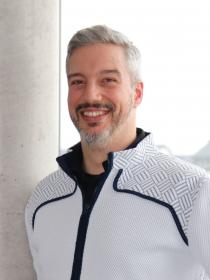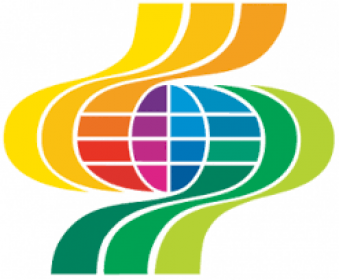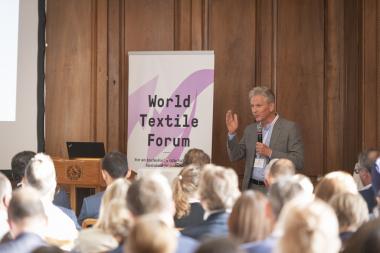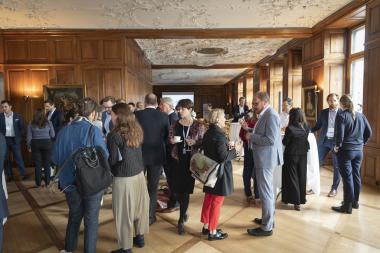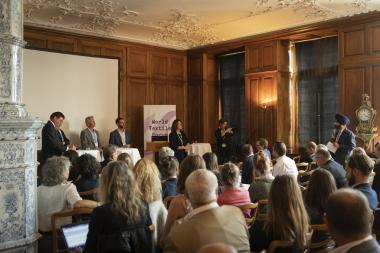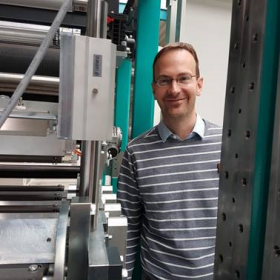SwapKnit – KARL MAYER's first Smart Machine function
- Patterning from the cloud
- SwapKnit – KARL MAYER's first Smart Machine function revolutionizes the way of guide bar control
A view of machine data from anywhere and at any time, service support as if on site but from far away, patterning from the cloud: digitalization offers completely new possibilities in warp knitting, which KARL MAYER is using to offer its customers a wide range of advantages for their business. In doing so, the world market leader is pursuing a well thought-out strategy: coordinated innovation activities are being used above all to rethink aftersales support and machine maintenance, and to develop coordinated offers in three areas. These are Care Solutions, Digital Solutions and Smart Machine.
Smart Machine comprises special functions that are backed by KARL MAYER's expertise and enable customers to maximize their productivity. In addition, a previously unattainable reproducibility of quality is possible.
A first solution for this is SwapKnit. The new patterning concept manages completely without pattern discs, but still enables the high operating speeds typical of mechanical guide bar drives. The basis for this is the networking of the machine via the k.ey device with the KM.ON cloud.
- Speed of operation and pattern change
- Lapping procurement per individual purchase or flat rate
- Best article reproducibility
Further steps to follow
As the first Smart Machine offering, SwapKnit marks the start of digital innovations with which KARL MAYER offers its customers more benefits from its machines. Further innovations will follow.
"In our development activities, in addition to the important topics such as more speed and flexibility, we also have simplified handling and the possibilities of automation in mind. We want maximum efficiency with minimum operating effort," says Kay Hilbert.
KARL MAYER Verwaltungsgesellschaft mbH


